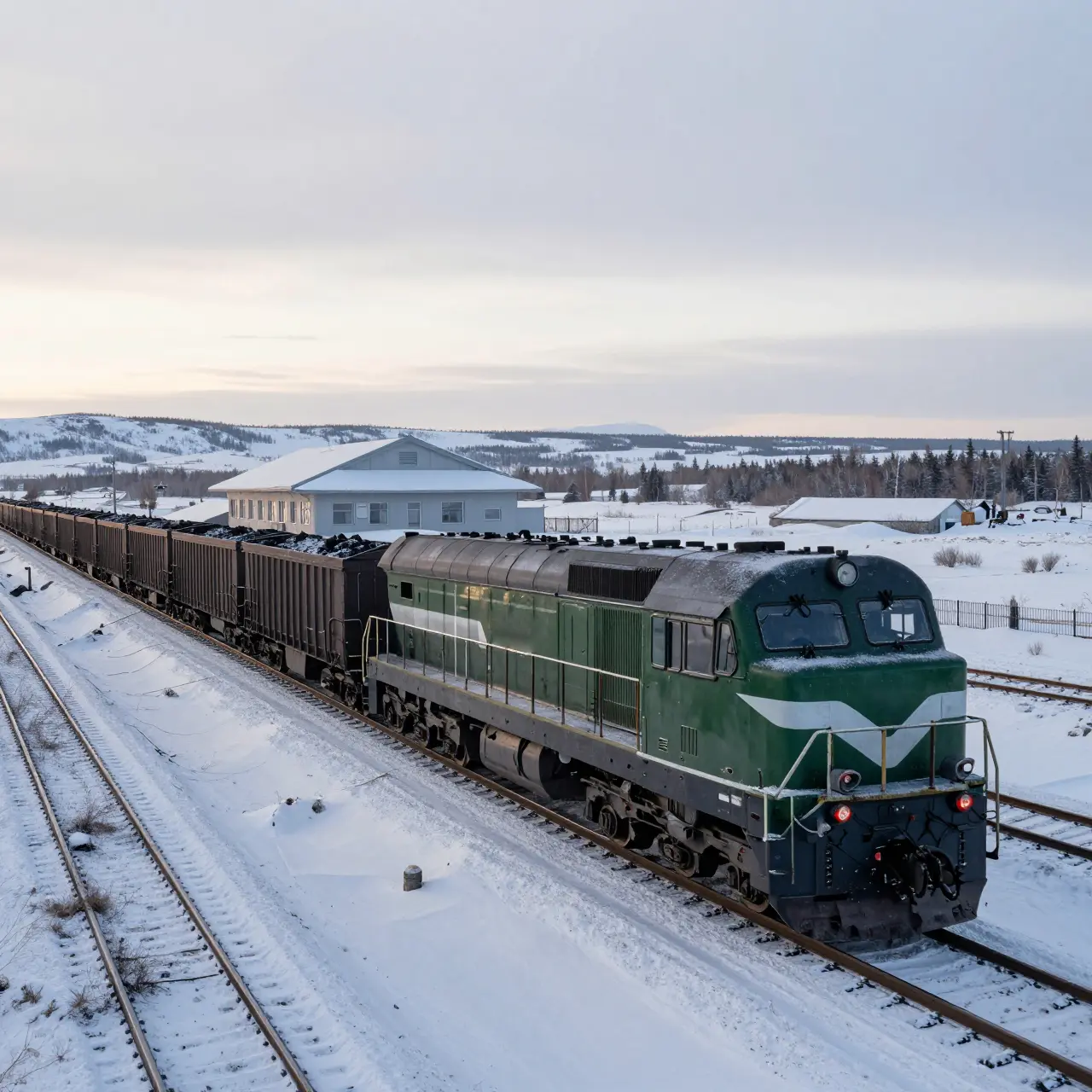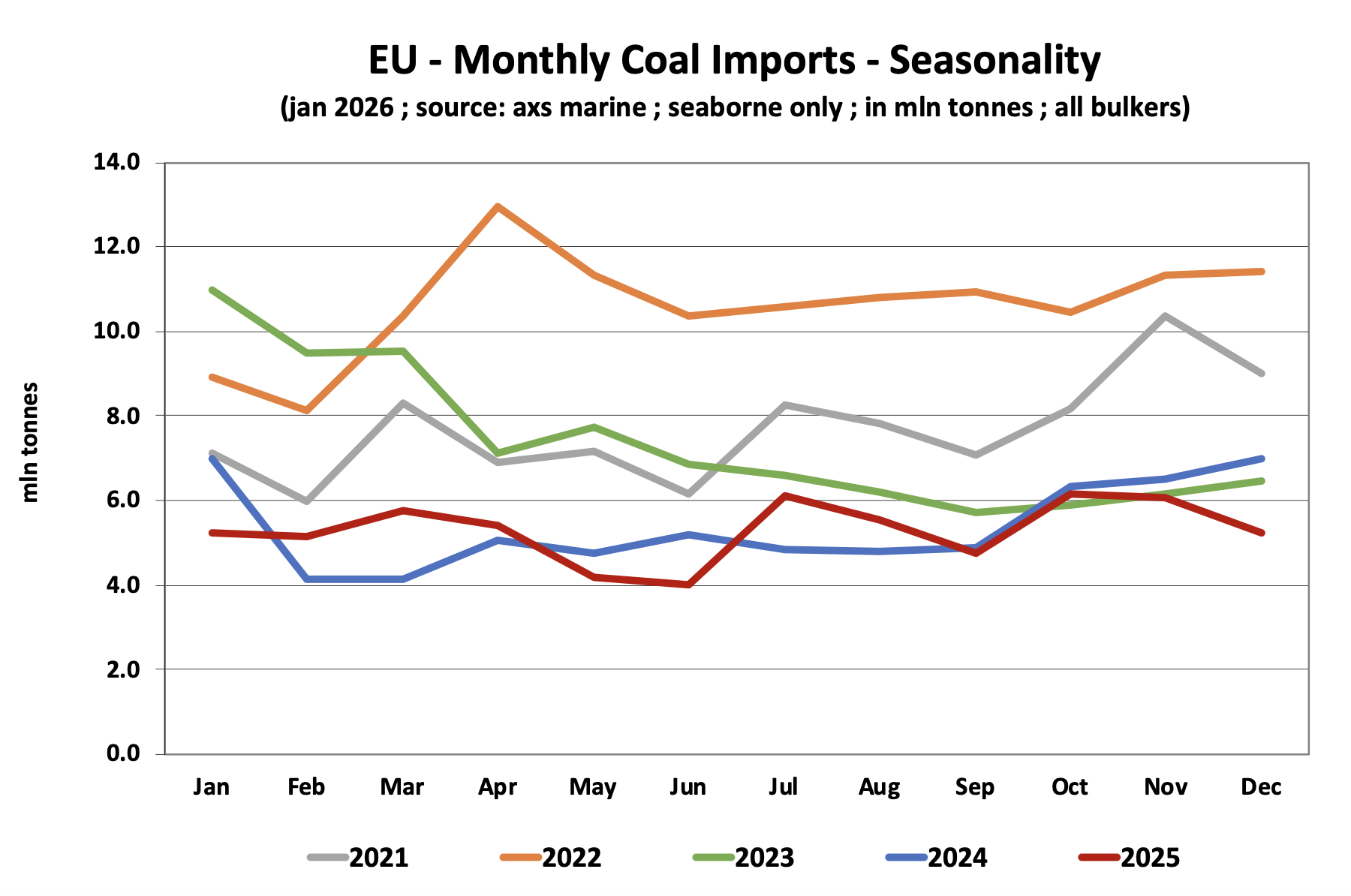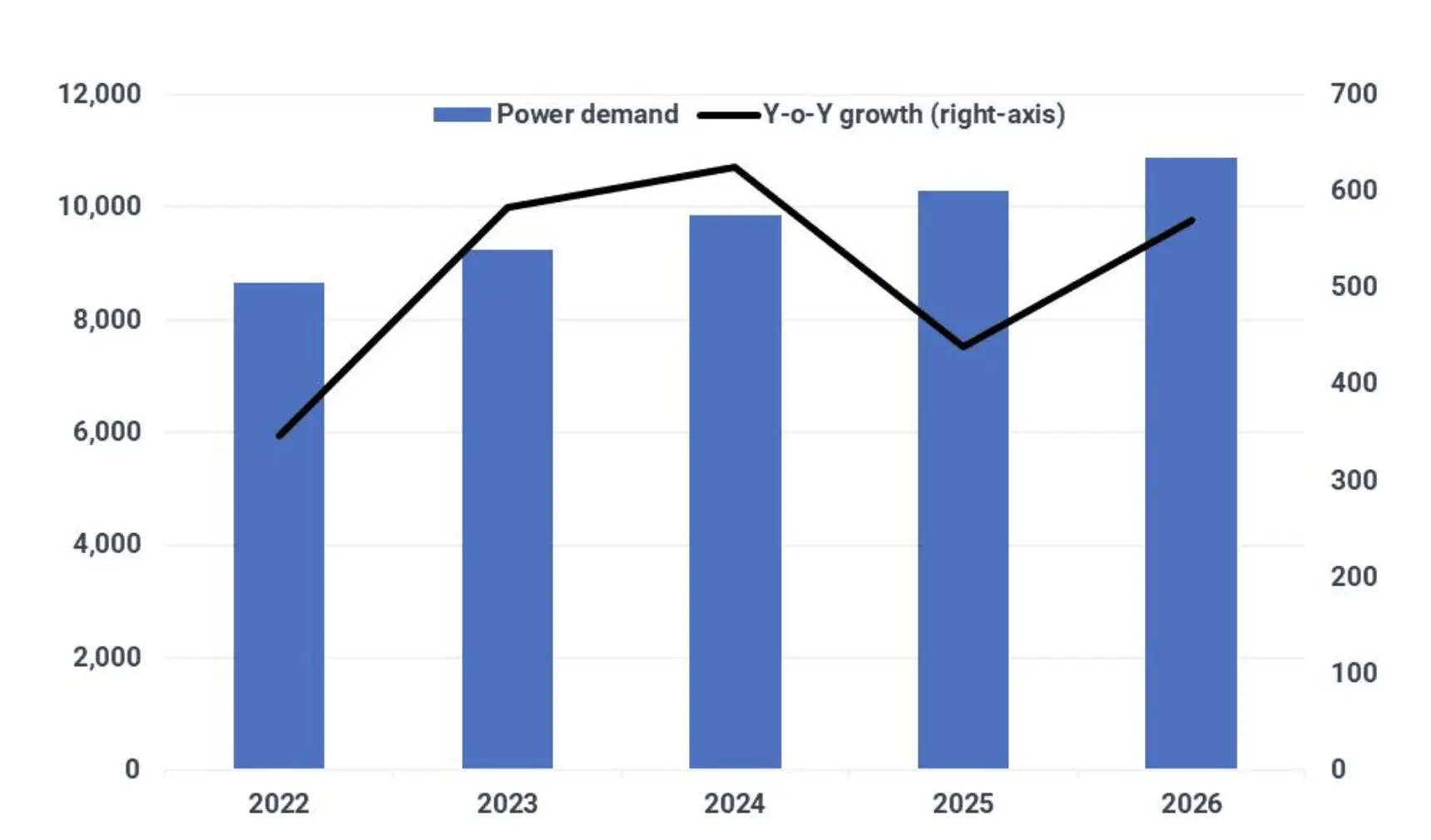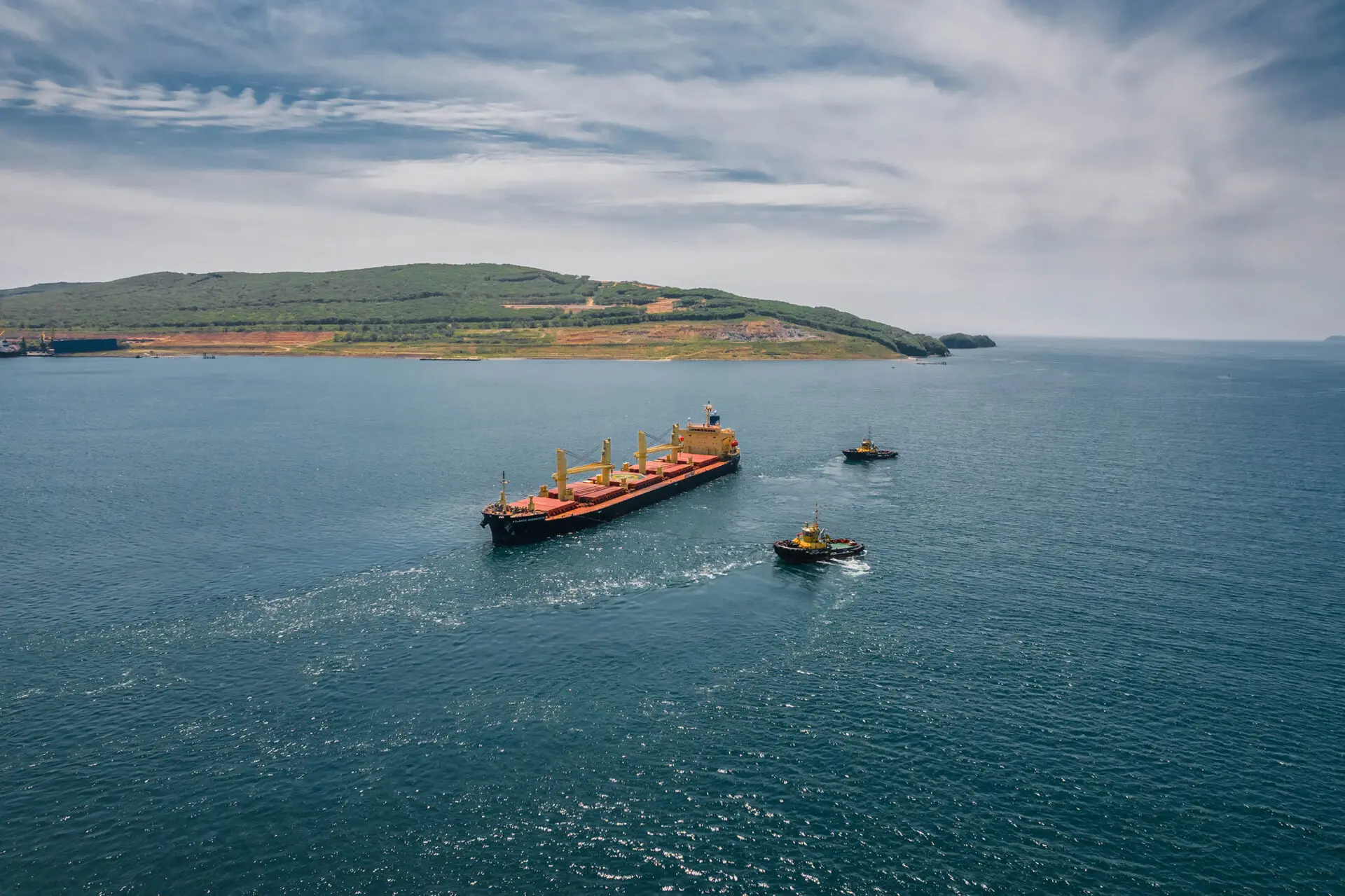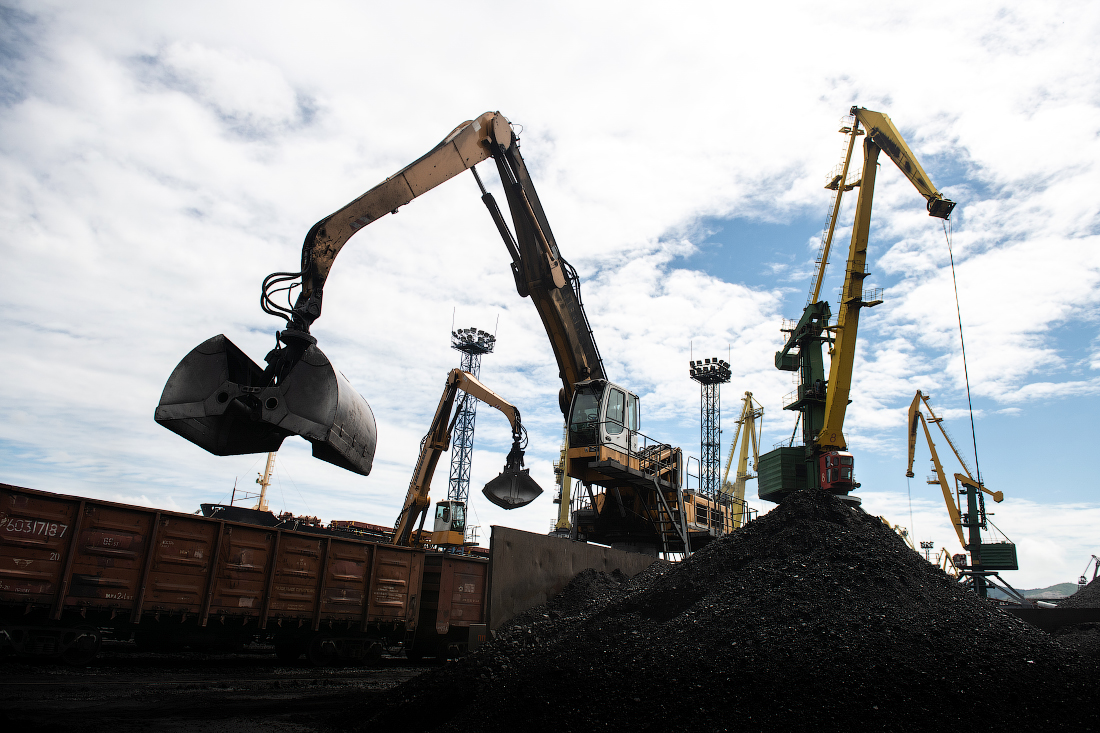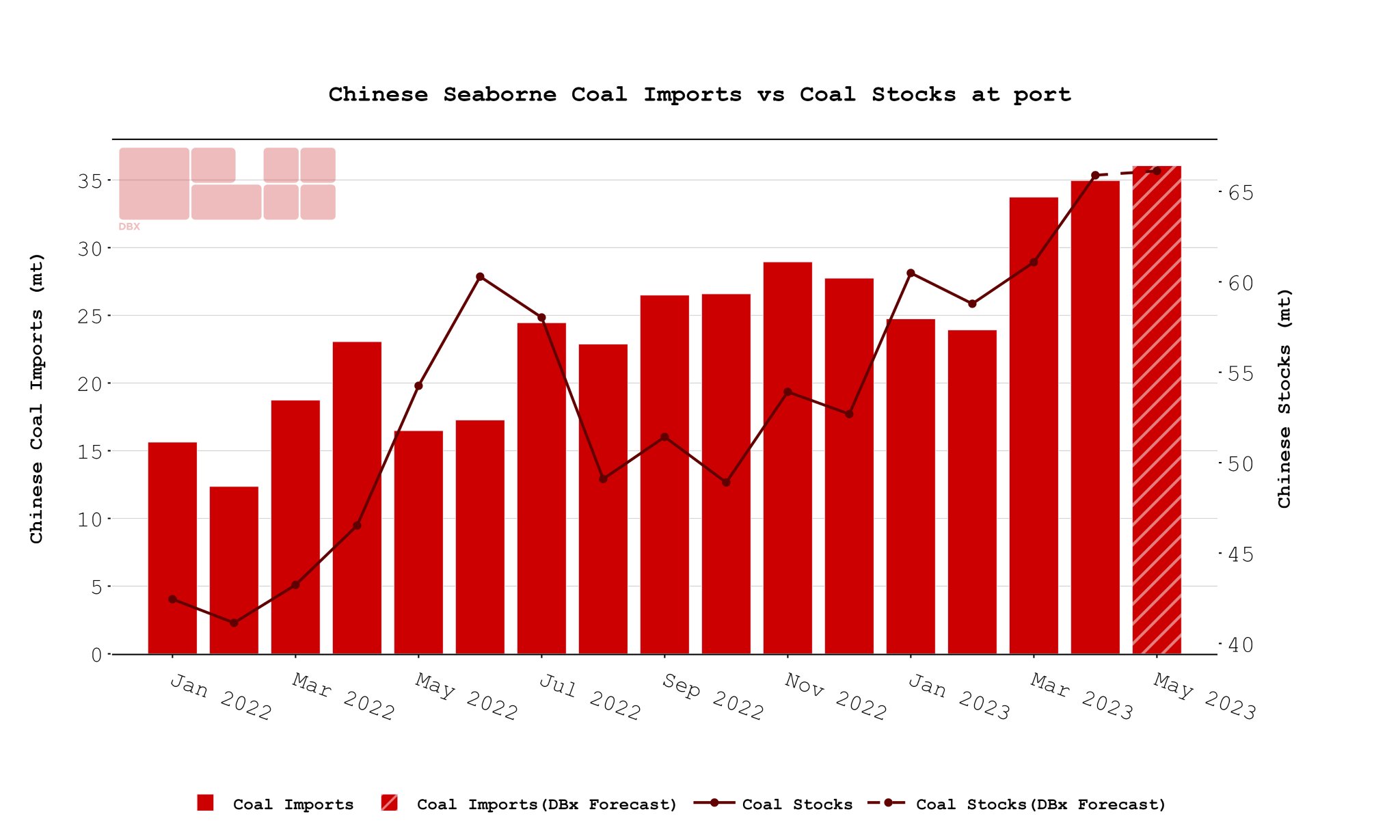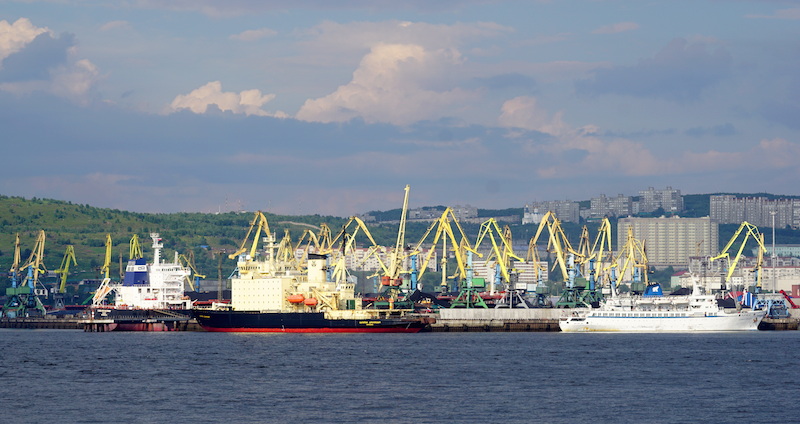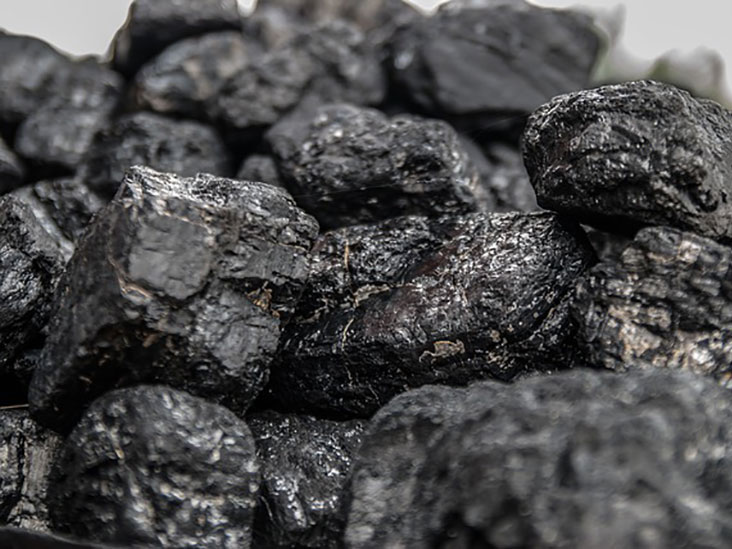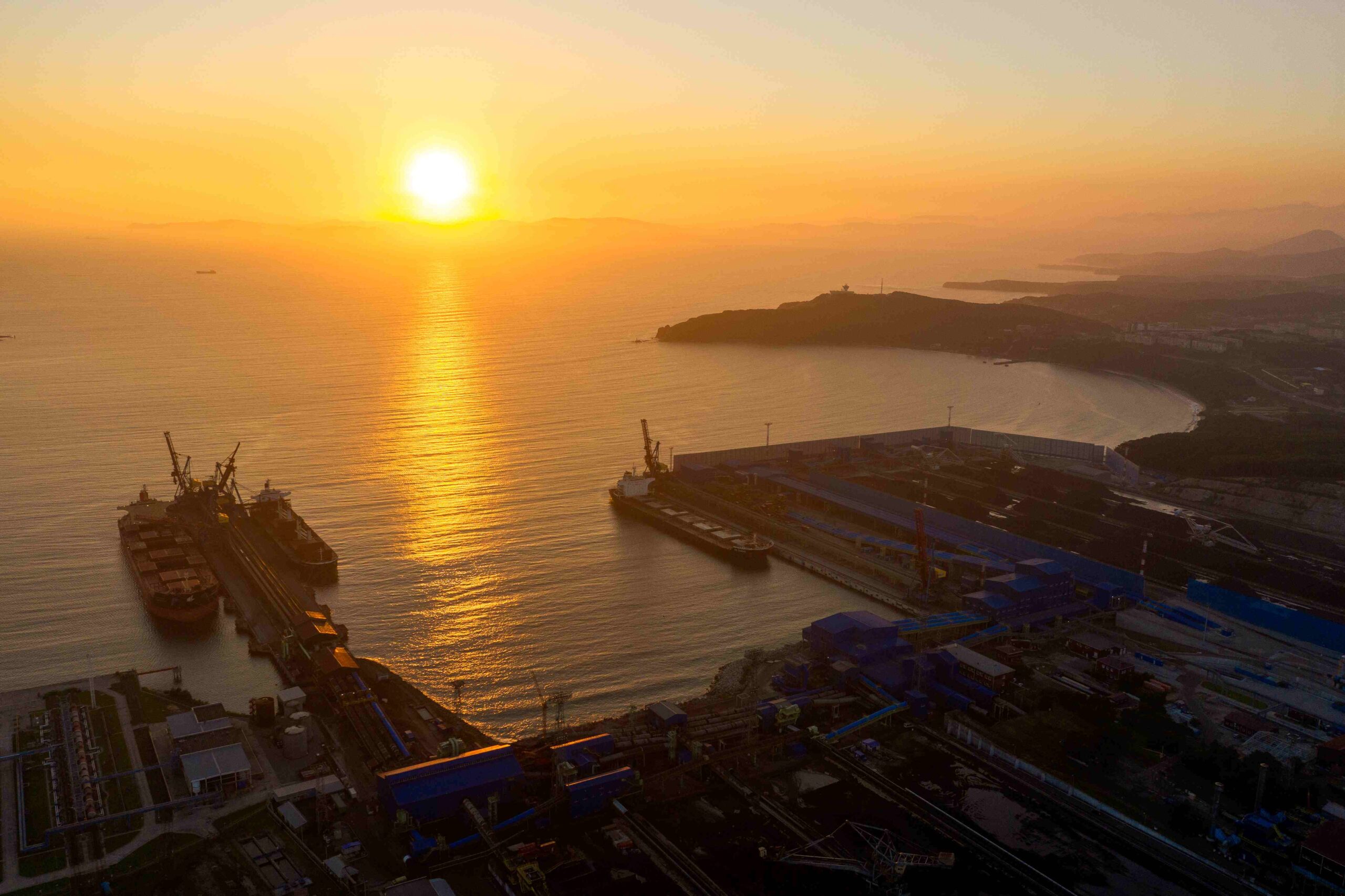

European coal prices have recovered from recent two-year lows, underpinned by the prospect of a cold snap across Europe next week and some threats to supply, yet tepid spot demand and bullish carbon prices limited gains.
The front-quarter and front year API 2 contracts traded on Friday at USD 65/t and USD 66.35/t, respectively, up around 5% and 2% from Wednesday’s two-month lows, on Ice Futures.
But the contracts were both still approximately 5% lower than at last Friday’s settlement.
Wayne Bryan, director of European gas research at London Stock Exchange Group, said coal was being influenced by gas-market moves, noting also “cold weather is coming.” Temperatures across western Europe next week could average 3-6C below seasonal norms next week, dropping to as low at 10C below usual in Germany, according to forecaster SMHI.
“With cold weather, and when the wind doesn’t blow, we still see coal in the mix,” Bryan noted.
An analyst with a coal trading firm also said coal prices remained closely linked to gas, with a shortfall in gas availability in recent weeks having underpinned regional coal demand. “I’m watching gas supply at the moment,” he said, adding LNG availability in the Atlantic basin was still relatively low, while gas withdrawals from storage had left inventories at lower than expected levels.
Yet surging carbon prices this week in part eroded coal’s attractiveness as a generation fuel, thereby limiting gains. The benchmark Dec-21 EUA contract hit a fresh record high of EUR 38.57/t in early Friday trading, which in turn dented clean dark spreads – or the profit-margin for burning coal to produce power, including the cost of carbon.
The March clean dark spread for a German power plant of 38% efficiency was last seen at EUR -4.50/MWh, according to Montel data, while gas equivalent – or the clean spark spread – was at EUR -1.30/MWh for a 50% efficiency plant.
Supply-side support
Meanwhile, there were some supportive signals from South Africa – where widespread flooding impacted rail and mining operations (see p.2) – and Colombia, with Glencore announcing it would divest from its Prodeco subsidiary, which had already suspended operations since April last year.
The Anglo-Swiss mining and trading firm had been seeking permission to extend the suspension, amid poor market conditions, but the request was denied earlier this month and Prodeco’s two mines had been ordered to resume operations by April – something which now seems somewhat unlikely.
“[It will not return] unless a miracle happens and some [bold] investor with the help of the government takes control,” said an analyst with a utility.
At the same time, indigenous communities have blockaded a rail route linking Colombian mining complex Cerrejon with its port at Bolivar.
However, Cerrejon played down the potential impact on exports. “There is a blockade, but the protestors are leaving some trains to cross the blockade,” a spokesman for the miner told Montel, adding “as you can imagine, we cannot speculate on possible implications.” “I believe this disruption is minor,” noted the utility analyst.
Source: Montel
Follow on Twitter:
[tfws username=”montelnews” height=”700″ width=”350″ theme=”light” color=”#FAB81E” tweets=”2″ header=”yes” footer=”yes” borders=”yes” scrollbar=”yes” background=”yes”]

